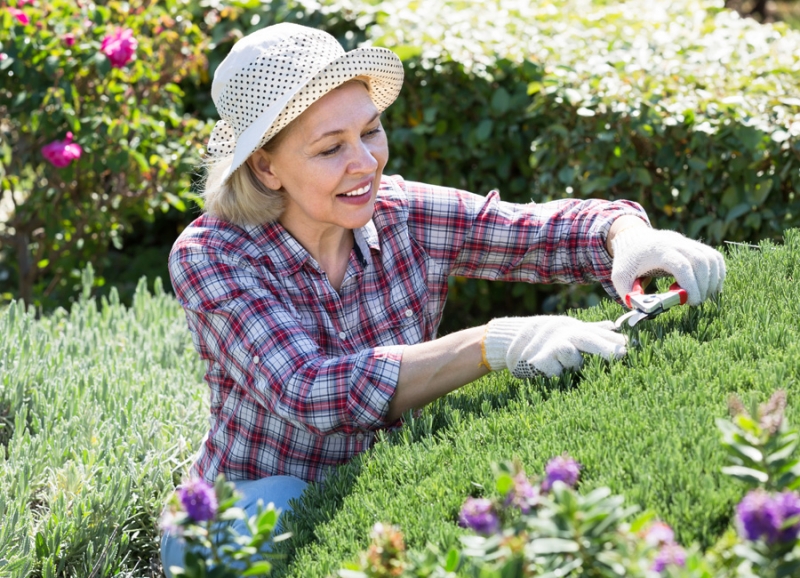It’s easy for anyone to overheat in the summer months. Older adults, especially, are more sensitive to fluctuations in temperature. It’s important to stay aware of how you’re feeling during hot weather, or you can quickly overheat and be at risk for a serious—and potentially dangerous—heat illness.
Why is Hot Weather Dangerous for Older Adults?
People age 65 and older typically do not adapt easily to changes in temperature, particularly the sudden and extreme bouts of heat that we’ve been seeing in recent years. Unlike younger people, older adults don’t have the physical resilience to adapt quickly, produce sweat and regulate their body temperature.
There are few reasons why this happens. including:
- Older also tend not to drink enough water, and often drink coffee and tea—caffeine causes the body to dehydrate more quickly.
- Some prescription medications that older adults commonly take have an effect on water retention, heart rate, and blood pressure—all of which are important for regulating body temperature.
- Older people are more likely to have chronic health conditions that affect the body’s response to temperature and ability to sweat efficiently to properly cool the body.
Signs & Symptoms of Heat Related Illness
According to the CDC, as the body becomes overheated, a person can be in danger of heat-related illness including:
- Sunburn
- Heat Cramps
- Heat Rash
- Heat Exhaustion
- Heat Stroke
The symptoms of these illnesses can range from mild to severe, and one can quickly progress to another. For example, heat cramps and exhaustion may precede heat stroke.
Some signs that you are experiencing heat illness include:
- Syncope (dizzy spells, dizziness)
- Fainting
- Muscle cramps
- Edema (swelling in your legs and ankle)
- Body stops producing sweat
- Body feels very hot
- Increased thirst, despite drinking more fluids
- Weakness
- Loss of coordination
- Nausea/ vomitting
Keep an eye out for these serious heat illnesses:
Heat exhaustion occurs when your body can no longer stay cool. This often appears as feeling thirsty, dizzy, weak, uncoordinated, or nauseated. You may sweat a lot and have cold and clammy skin, or a rapid pulse.
Heat stroke is a medical emergency. Signs can include fainting, behavior changes, high body temperature (over 104° F), dry skin, a strong and rapid pulse, a slow and weak pulse, and no longer sweating even though it’s hot outside.
Seek medical care immediately if you suspect heat illness.
How Older Adults Can Stay Safe in Hot Weather
The best way to stay safe is to know the signs of heat illness and know what to do to address those signs and protect yourself or a loved one.
Older adults can stay safe in hot weather by following these tips:
- Drink water frequently throughout the day. Do NOT wait until you feel thirsty to start drinking water.
- Avoid using your oven or stove to prepare meals.
- Wear loose-fitting clothes. Wear a hat.
- Take showers or baths to cool down.
- Keep your home heating and air conditioning system in good working condition.
- If you don’t have air conditioning, consider staying with a friend or family member during a heatwave. You can also take an “AC break” at a local mall or library during the hottest parts of the day.
- Get plenty of rest.
- Do outdoor activities/chores earlier in the day or later in the evening.
- Have others check-in on you at least during the day.
- Wear sunscreen and clothing to protect yourself from sunburn (Sunburn makes your body work even harder to cool down).
- When outside in the heat, seek the shade.
Hot days are not time to try to keep up with the young kids in your life. Stay cool, stay hydrated, and protect yourself from the heat so that you can enjoy summer days without risk for illness.




